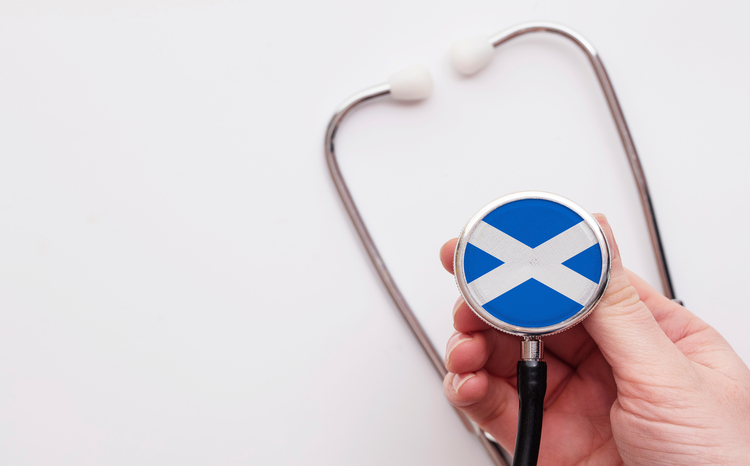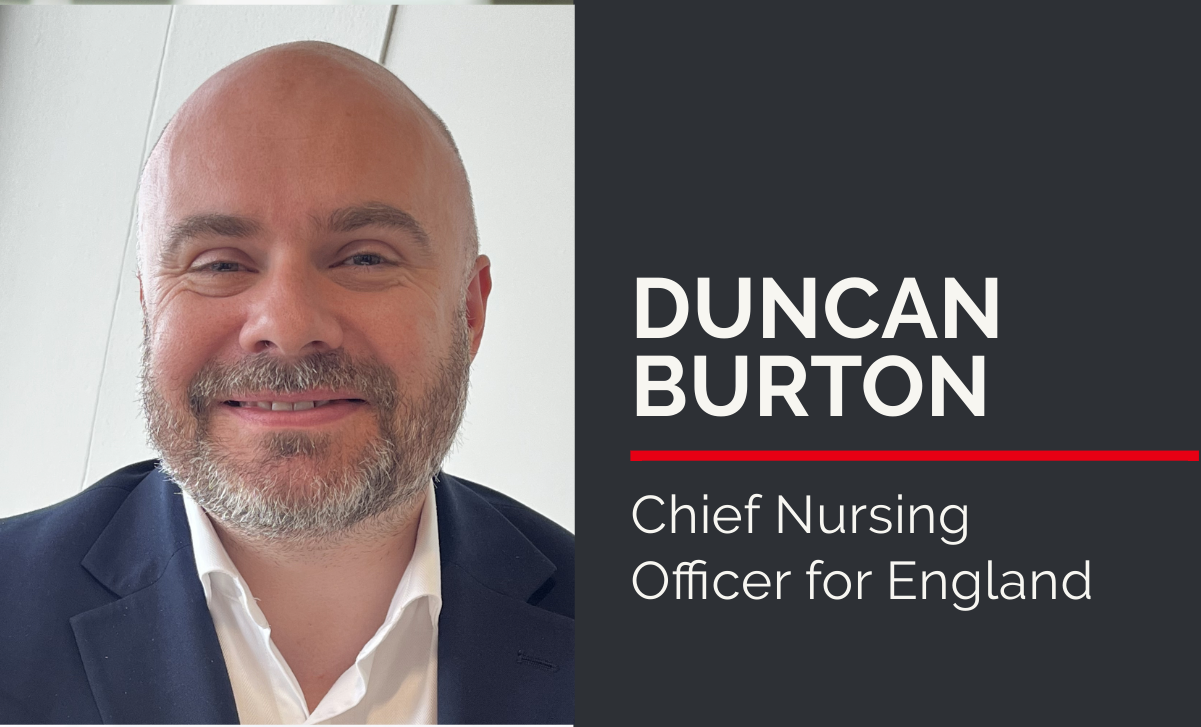Scots ahead
- 17 April 2006

Just 200 miles away from Leeds and its ongoing battles over data accreditation, consent and technical capability, there lies a national database of GP summary records, accessible to emergency care workers and acceptable to clinicians and patients.
The bad news for Connecting for Health is that the database is on the far side of the border and it is Scottish not English patients who are already benefiting from its existence.
While CfH continues to follow its long and winding road towards the NHS Care Records Service, Scotland has taken an altogether more direct route towards making clinically useful information from GP records available to clinicians out of hours.
The results is the Emergency Care Summary (ECS), which already holds a summary record for 3.5million patients and will hold records for all five million people in Scotland by June this year.
Dr Kenneth Robertson, clinical lead for IM&T for the Scottish Executive Health Department (SEHD), is proud of the achievement. He told EHI Primary Care: “It’s small and not particularly fancy but we haven’t spent a billion pounds on it and we have got it going.
How the ECS works
The ECS began life in 2003 when the introduction of the new GMS contract prompted the vast majority of GPs in Scotland to opt out of out of hours care.
The SEHD and the profession agreed that out of hours doctors would benefit from access to some basic patient information. The ECS was created to meet that need and contains data on current medications, repeat medications and allergies plus basic demographic information.
It is extracted from GP records and held on a central data repository, the ECS Store, and updated twice a day if anything changes in the GP record. So far all those connected to the store have been GPASS practices but In Practice Systems, iSOFT, EMIS and Exeter practices are due to be added soon with all systems added by June.
The ECS Store is part of the SCI Store system which allows clinicians in Scotland access to clinical information. A two stage consent model has been agreed for the ECS.
Initial upload of the summary record to the central database works on implied consent with local publicity campaigns mounted to explain the concepts behind the ECS and what it will include when the summary record has been rolled out across a health board. Out of 3.5 million records on the system, only 22 patients have opted out.
The second stage of the consent model is that explicit consent must be gained from the patient during an out-of-hours consultation before clinicians can access the ECS.
Dr Robertson says: “There are issues about consent and confidentiality but the majority of patients are surprised that we can’t do these things already.”
Any access of the ECS is logged and practices receive a daily report so that they can check who has accessed their patients’ records if they wish to. So far less than 1,000 summaries have been accessed but Dr Robertson expects a huge growth in that number with the plans for the ECS over the next months,
NHS 24 and the ECS
First designed solely for use by out of hours centres, the next step forward is to allow access by NHS 24 call handlers, again subject to explicit consent, as the health helpline has become the first point of contact for all NHS care out of hours.
Access by NHS 24 is due to happen by June and Dr Robertson predicts it will have a ‘huge impact’ on the number of accesses to the ECS and its potential role in helping clinicians deliver the best care.
A further logical step, and one that looks certain to happen, is to allow accident and emergency departments access to the ECS. A pilot in Ayrshire involving two accident and emergency departments has been completed and the final evaluation report is in preparation but Dr Robertson says access to the ECS for A&E staff has been ‘well received and helpful”.
He adds: “A great number of people just turn up at A&E and much more commonly in A&E are not in a state to provide vital information about themselves."
In addition the ECS may also be made available to the ambulance service in the future, although agreement would have to be obtained from GPs, access by NHS24 pharmacists has already been tested during the Christmas period and patient access is a definite commitment.
Dr Robertson says patient access will help to reassure people about what is on the patient record as well as improving data quality. “This is an important step because our policy is to allow patients’ access to their records as much as is possible,” he says. “Like NPfIT we have some major technical constraints but we want to do everything that we can while taking the necessary precautions.”
This approach is reflected in the possibility of extending the type of information held on the ECS, for example to include significant health events.
Dr Robertson adds: “This revolves around our emerging e-health strategy which is that any information should be potentially available where it’s needed. One way of doing that is by increasing the width of the ECS although we haven’t made any decisions about it.”
Dr Robertson says one of the important principles behind the development of the ECS is the desire not to repeat work but rather make the best use of work already completed. To this end the SEHD is avoiding building specific interfaces between the ECS and parts of the NHS in Scotland, preferring to retain SCI Store as its common hub which those deemed to have legitimate need for information in the future could have access to.
The overall aim in Scotland remains to deliver accessible, integrated, secure records but Dr Robertson says he is yet to be convinced that the market is able to deliver a single record right now and also believes there is a ‘mountain to climb’ on clinician buy-in.
He adds: "The appetite for following CfH is not strong so we have to be very circumspect about what we do and how best we do it."




